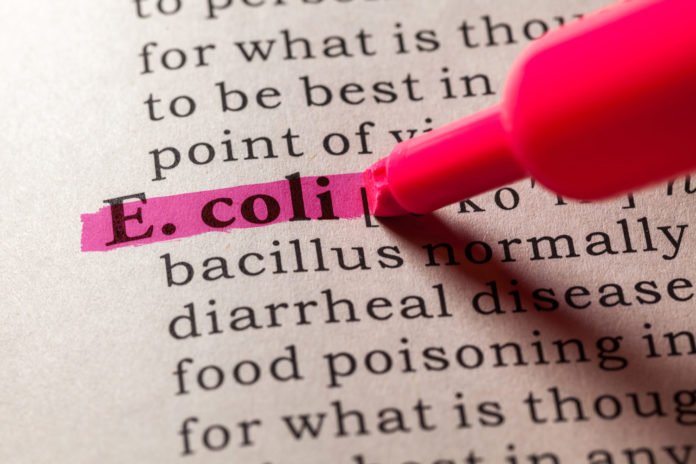Antibiotic protection is a standout amongst the most genuine worldwide wellbeing dangers looked in current medication. The risk of bacterial protection has been contrasted with that of pandemic influenza by the Chief Medical Officer Dame Sally Davies.
It has been assessed that by 2050, 10 million lives for each year will be in danger from anti-infection safe diseases. Kids are visiting customers of anti-toxins around the world – and such routine utilize has been appeared to build the likelihood of anti-microbial protection in grown-ups with urinary tract diseases. However little is thought about the commonness of bacterial protection in kids or the hazard components of significance in this gathering.
The exploration group researched the predominance of anti-microbial protection in urinary E. coli from pre-school youngsters. E. coli is in charge of more than 80 for each penny of all urinary tract contaminations (UTIs) in youngsters. They additionally estimated hazard factors related to safe urinary E. coli, including past anti-microbial introduction.
They found a high predominance of anti-microbial protection in urinary E. coli against a few ordinarily endorsed antimicrobials including amoxicillin, trimethoprim and co-amoxiclav. Very nearly 33% of all E. coli were multidrug safe (impervious to at least three anti-infection gatherings). There was likewise a relationship between presentation to anti-infection agents inside the past three months and improved probability of a safe urinary E. coli.
Amid the study, scientists involved secondary analysis of data from 824 children under 5 years consulting in primary care for an acute illness. The children had previously been recruited for the Diagnosis of Urinary Tract Infection in Young children (DUTY) study, which aimed to improve the diagnosis of UTIs in children.
Lead author, Dr Ashley Bryce, a Senior Research Associate at the Centre for Academic Primary Care, University of Bristol, said: “Our study shows that antibiotic resistance to this common bacteria found in children is high, especially when antibiotics have previously been recently prescribed. Frequent exposure to antibiotics can disrupt the normal balance of bacteria within the urinary tract and gut, which can lead to increased risk of bacterial infection. GPs should, therefore, consider the impact and necessity of further antibiotic treatment before prescribing.”
Dr Céire Costelloe from the NIHR Health Protection Research Unit in Healthcare Associated Infection and Antimicrobial Resistance at Imperial College London, who co-led the research, said: “Future research must prioritise increasing our understanding of antibiotic resistance in bacteria that commonly cause infections so that prescribing guidelines can be updated to improve patient outcomes.”
The study is funded by the National Institute for Health Research School for Primary Care Research and published in the Journal of Antimicrobial Chemotherapy.
